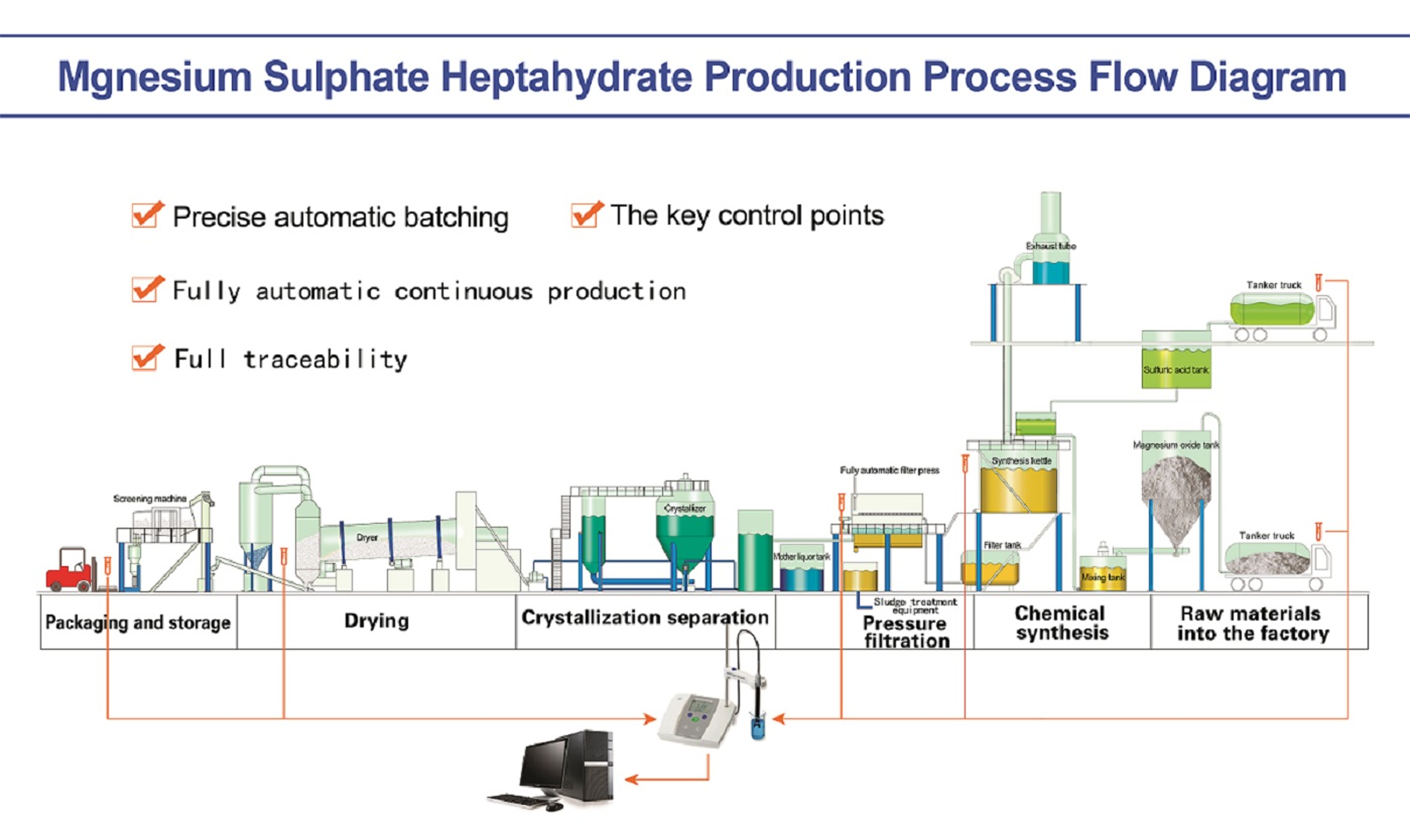Hydroxyethyl Cellulose (HEC) is a versatile, water-soluble polymer derived from cellulose. It has a range of applications across various industries due to its unique properties. Here are some of the primary uses of HEC:
1. **Construction**: HEC is commonly used as a thickener and water retention agent in cement and gypsum-based products, such as mortars and plasters. It improves the workability and consistency of these materials.
2. **Personal Care Products**: In cosmetics and personal care items, HEC acts as a thickener, stabilizer, and emulsifier. It is found in lotions, creams, shampoos, and conditioners, enhancing texture and moisture retention.
3. **Pharmaceuticals**: HEC is used in drug formulations as a thickening agent and for controlled release of active ingredients. It can also serve as a binder in tablet formulations.
4. **Food Industry**: As a food additive, HEC is utilized as a thickening agent and stabilizer in various food products, including sauces, dressings, and dairy products.
5. **Paints and Coatings**: HEC improves the viscosity and flow properties of paints, coatings, and adhesives. It also helps in achieving uniform application and enhances stability.
6. **Oil and Gas Industry**: HEC is used in drilling fluids and hydraulic fracturing fluids to improve viscosity and control fluid loss.
7. **Agriculture**: In agricultural formulations, HEC is used as a thickener and stabilizer in pesticides and herbicides, improving their effectiveness and adherence to surfaces.
8. **Textiles**: HEC can be used in textile processing as a thickener for dyes and finishes.
9. **Detergents and Cleaning Products**: It serves as a viscosity modifier and stabilizer in various cleaning formulations, enhancing performance.
10. **3D Printing**: HEC is gaining popularity in 3D printing applications as a binder or thickener for inks and pastes.
HEC's non-toxic nature and ability to form gels and films make it suitable for many applications, contributing to its widespread use in multiple industries.


 Guarantee safe
Guarantee safe 






